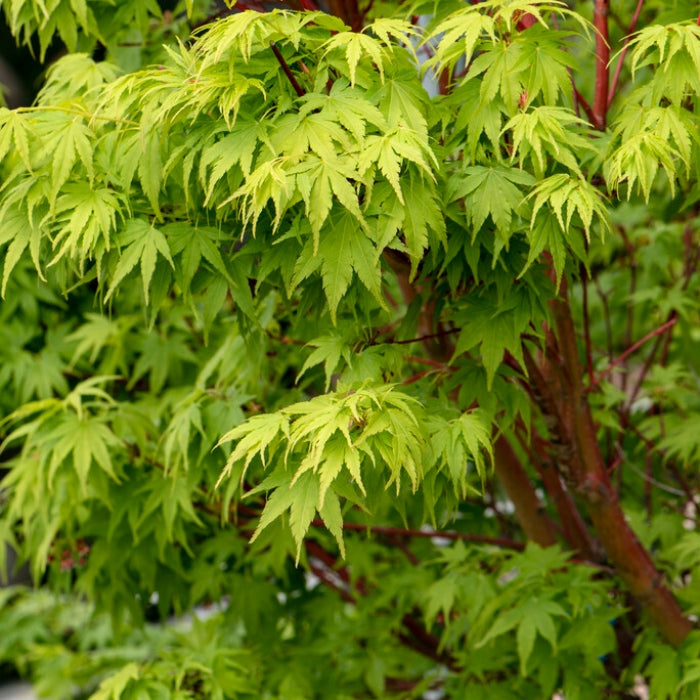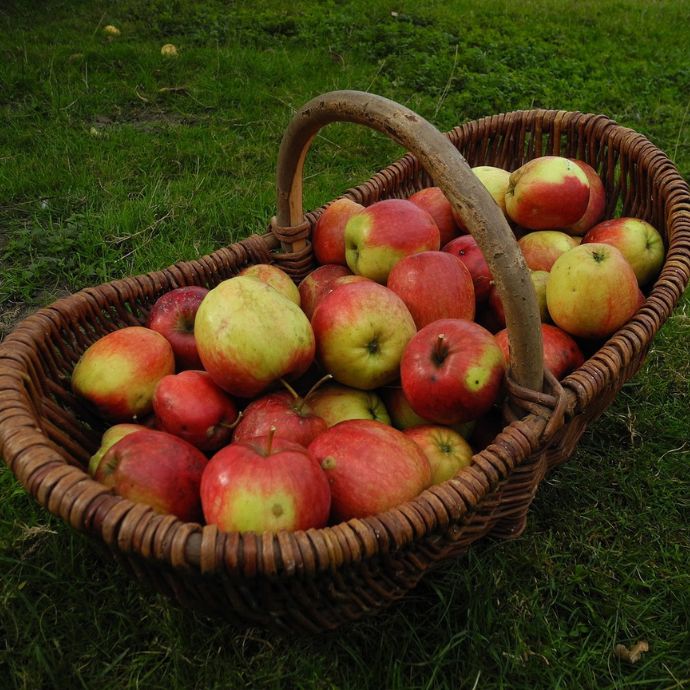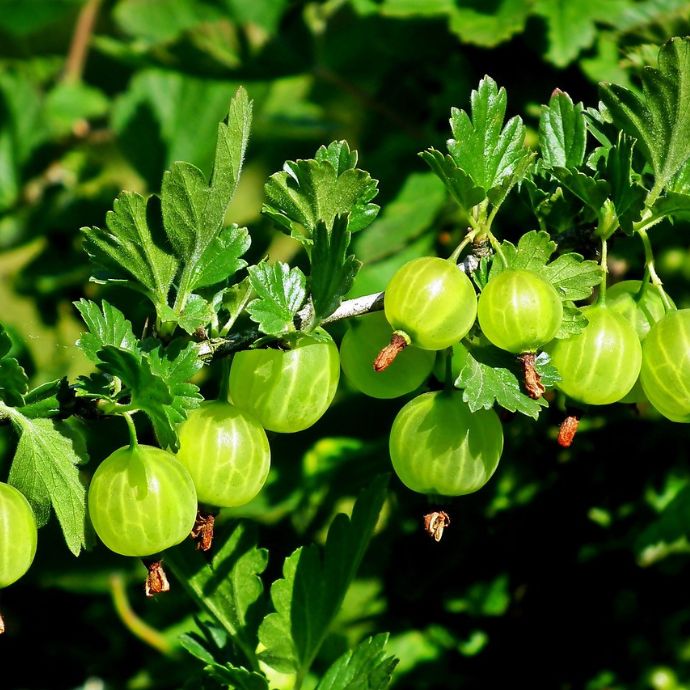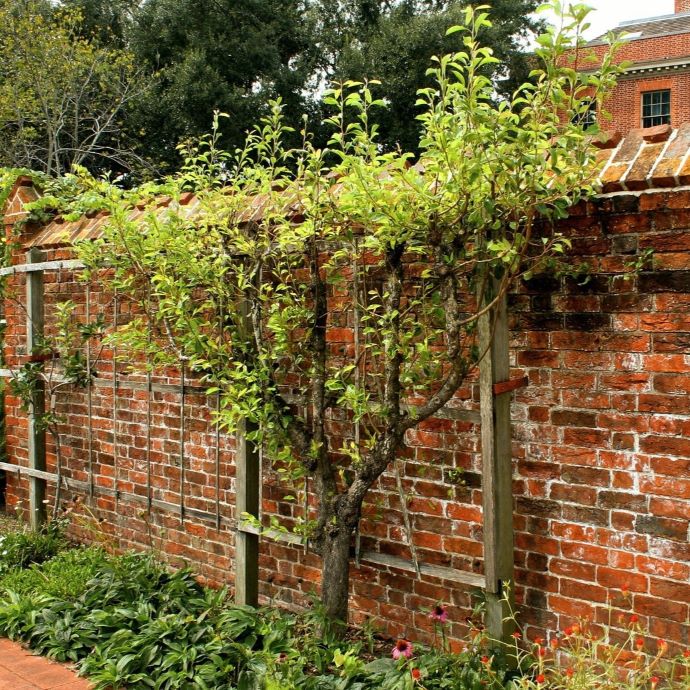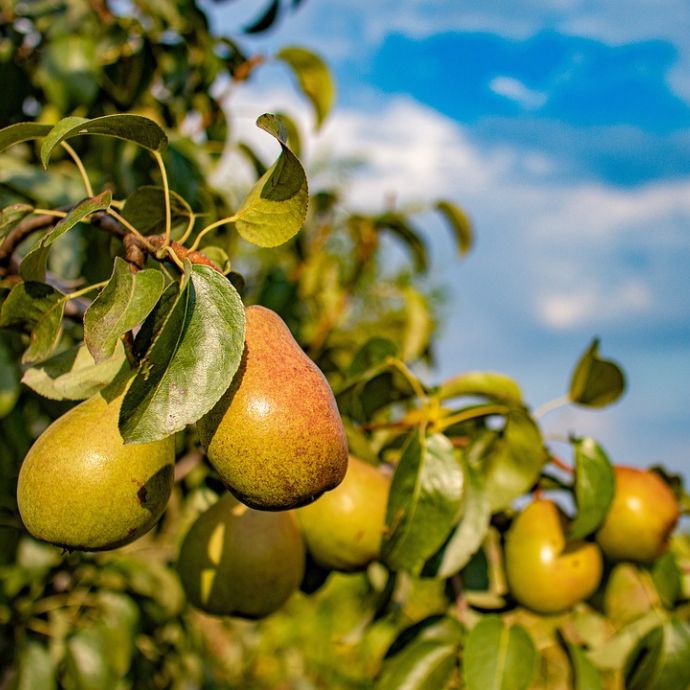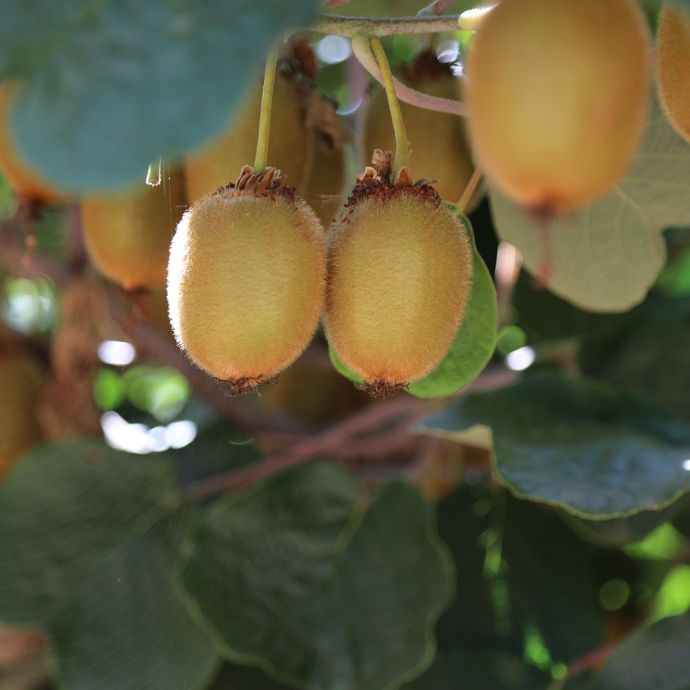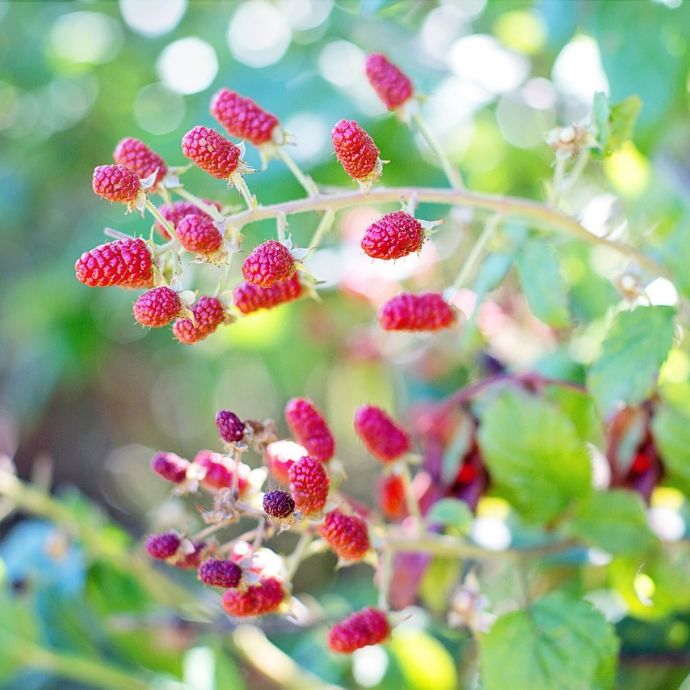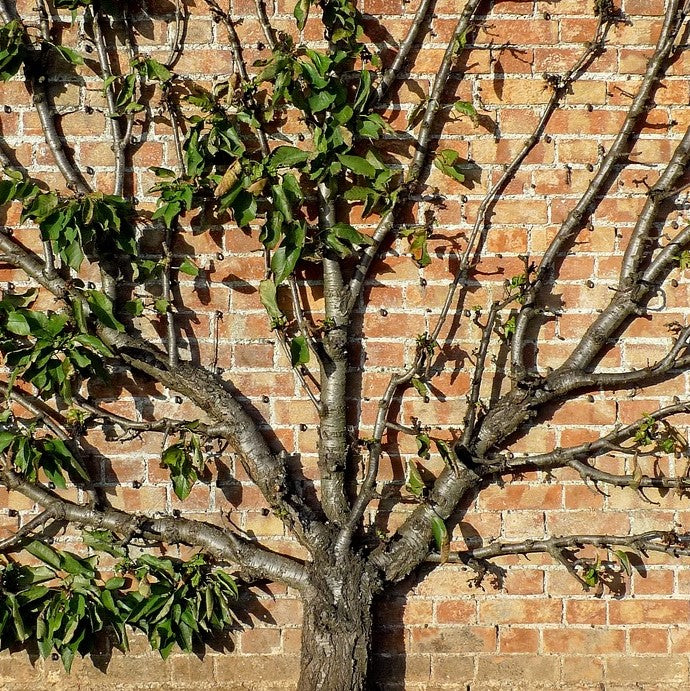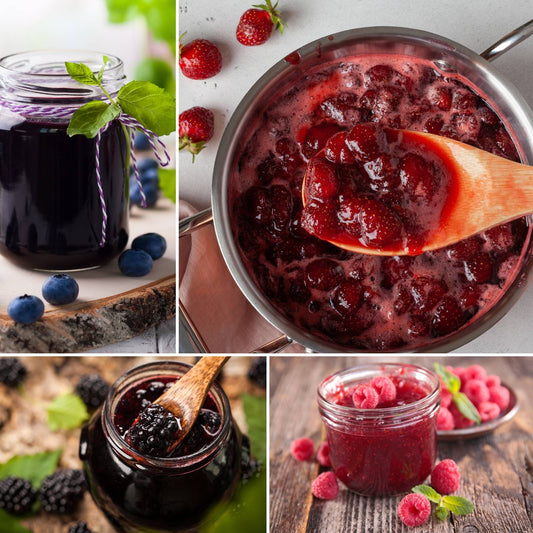How to Grow Blueberries in the UK
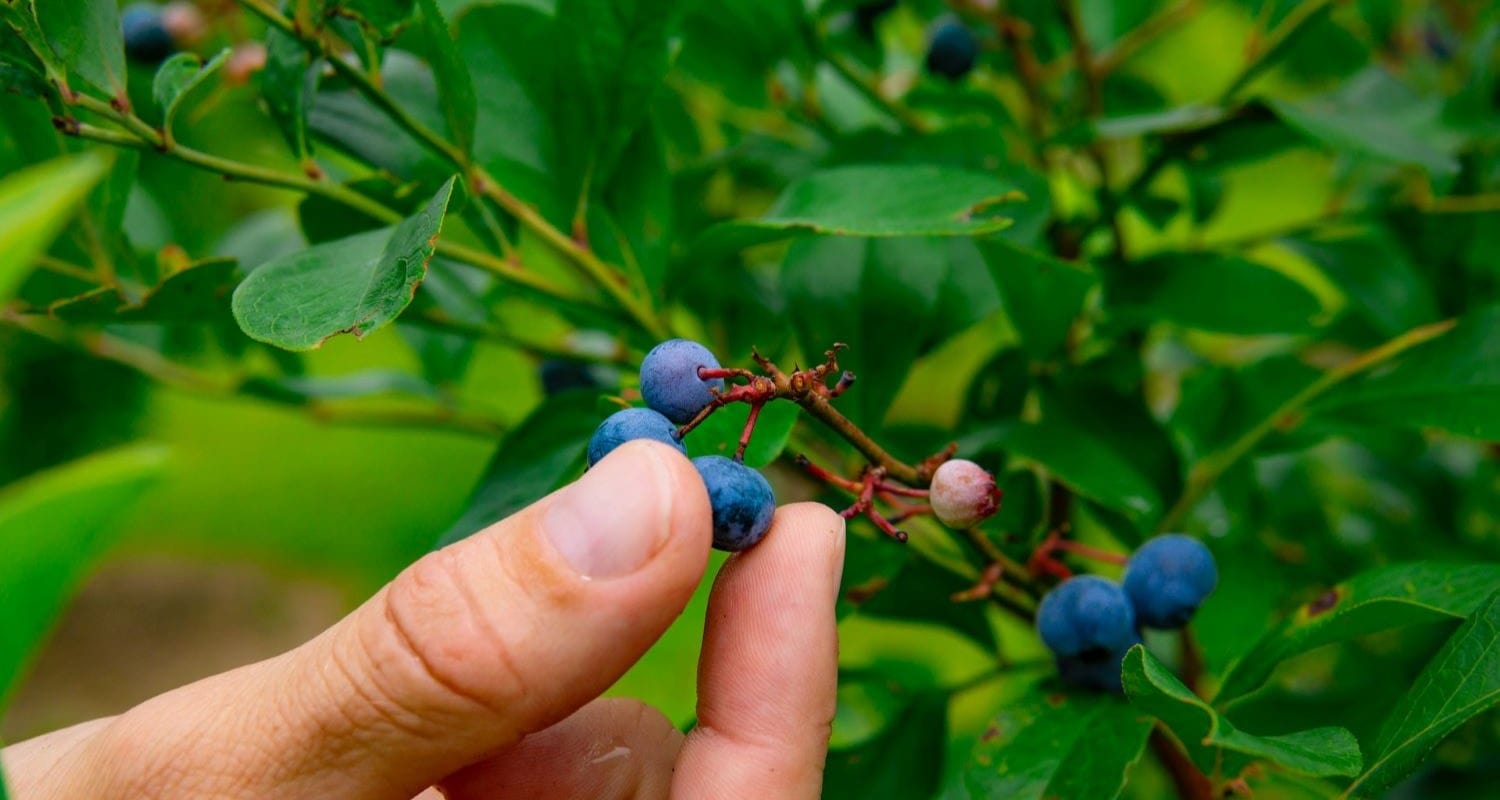
A blueberry bush is an ideal garden plant for even the smallest space. As well as those delicious, antioxidant-rich berries, these neat and compact plants boast attractive foliage and beautiful spring flowers, while being delightfully undemanding.
Our resident fruit growing expert John recommends blueberries as the best fruit to grow in pots - plant them on a balcony, in a yard, on a patio - as long as you give them acidic soil and lots of sun, you really can’t fail. Read on for more expert tips for a brilliant blueberry crop!
Jump to:
- When to plant
- Where to plant
- Planting in the ground
- Planting in pots
- Spacing
- Growing from seed
- Watering
- Feeding
- Protecting your fruit
- Pruning
- Harvesting
- Storing
When to plant blueberries
You can plant a blueberry bush at any time of the year, except when the ground is frozen or waterlogged. If you can’t plant it in its permanent position immediately, you can keep it in the grower’s pot for as long as necessary. If it looks like it needs repotting, make sure you use acidic soil or ericaceous compost.
Where to plant blueberries
Blueberries are ideal for smaller gardens as they are compact bushes, and are particularly suited to containers. They will produce fruit in partial shade, but do better when they get as least six hours of full sun. They need acidic soil, so plant in pots with ericaceous compost if your garden has a different soil type (if you monitor your soil’s pH levels, the ideal is between 4.5 and 5.5). Although blueberries can produce a crop on their own, planting two will increase pollination and give you a bigger yield per plant.
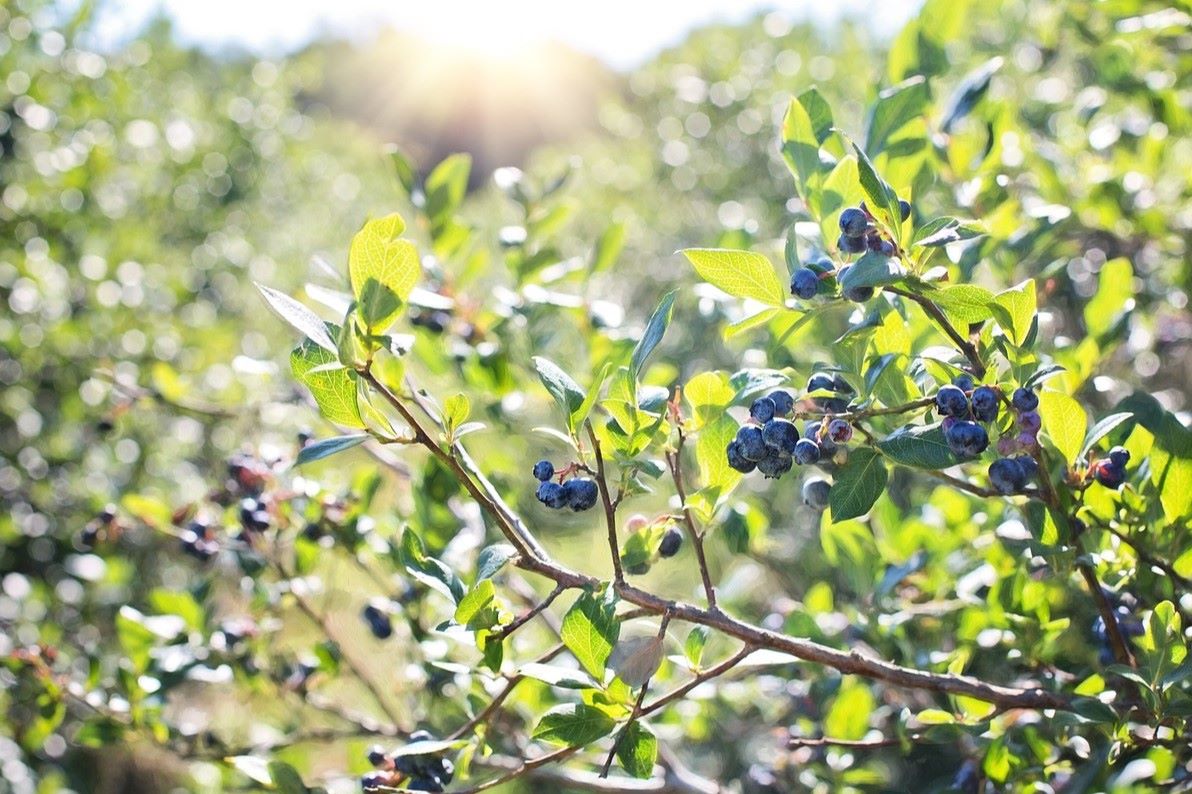
Planting blueberry plants
If you’re planting your blueberry in the ground, dig a hole as deep as the root ball and three times as wide. Remove your plant from its grower’s pot, then gently loosen the soil around the roots. Place the plant in the hole, spread out the roots carefully and make sure it’s level, then fill in the hole with a mixture of soil and ericaceous compost. Firm down the plant well before giving it a good watering in - about a bucketful of rainwater will do the job! It’s a good idea to mulch around the plant too - this means adding a layer of bark chips or pine needles which will help to keep the surrounding soil weed-free and full of moisture. These also add acidity to the soil - whatever else you use for mulch, don't add any well-rotted manure as this will make the soil too alkaline.
Growing blueberries in pots
Choose the biggest pot possible - it should be at least 30cm deep and 30cm wide. You should also make sure that the pot has holes in the bottom for drainage, as roots can be damaged if they get waterlogged. Add some gravel or broken ceramics to the bottom of the pot and fill with a good quality ericaceous compost before planting your blueberry and firming it in. Give it a good watering with rainwater and as above, spread a layer of mulch around your plant - its moisture retaining qualities are even more important for potted plants!
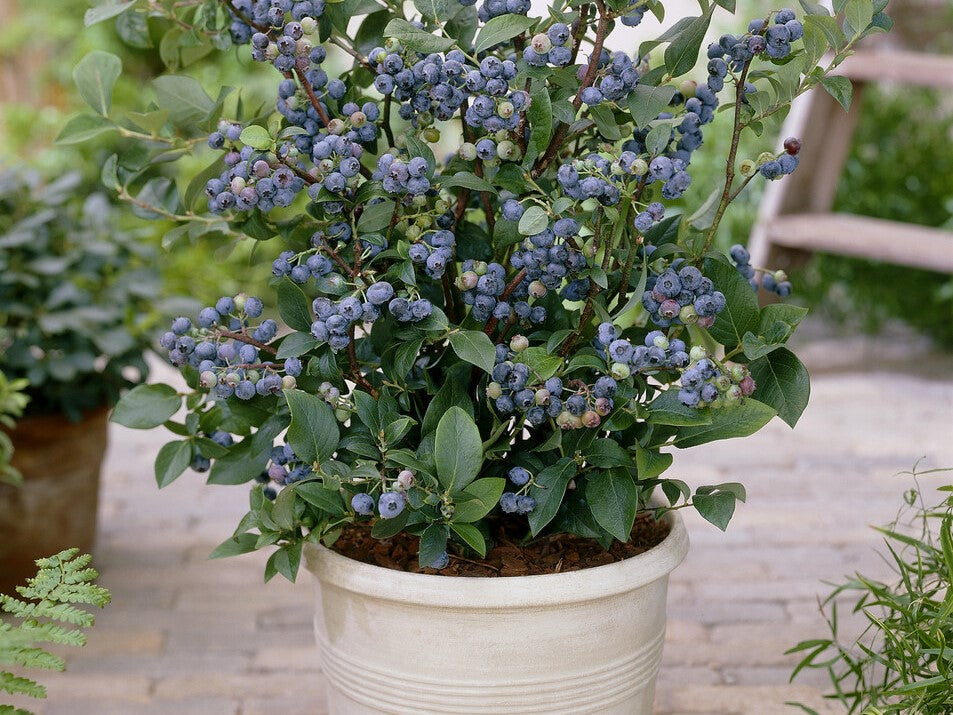
Blueberry plant spacing
If you’re planting more than one blueberry plant together, leave 50cm between each one to allow for spreading and so that plenty of air can circulate through the branches.
How to grow blueberries from seed
If you’re up for a challenge, blueberry plants can be successfully grown from seed. They do take a while to germinate though, so a bit of patience is needed. You won’t get the exact variety of the parent plant, but half the fun can be seeing how your new plant turns out!
The most effective way to germinate your seeds is to sprinkle them on top of wet compost, cover with more compost in a thin layer and put it in a heated propagator. Alternatively you can cover it with a plastic bag and put it in a warm, sunny place. This stage will take between 6-12 weeks, during which you should keep the compost moist but not too wet.
As soon as the seeds start to germinate, take off the cover, and when they are big enough, pot them on into ericaceous compost. If you’re planning to plant the fully grown plants outside, you should harden them off gradually first.
Watering
Blueberries, like all acid-loving plants, do better with rainwater, as tap water contains lime which is alkaline and will raise the pH level of the soil too much. You can collect rainwater in a water butt or buckets through autumn and winter to see you through the drier months. Blueberries in pots will need more regular watering as they naturally get less rain.
Feeding
Blueberries will benefit from an acid loving plant feed (rhododendron feed is good) once the blossom appears in spring, and throughout the fruit’s development. Apart from this they need minimal feeding other than a yearly mulch. Avoid overfeeding, as blueberries are sensitive to high fertiliser levels - twice or three times a year is enough for plants in the ground, or monthly throughout the growing season for potted plants.
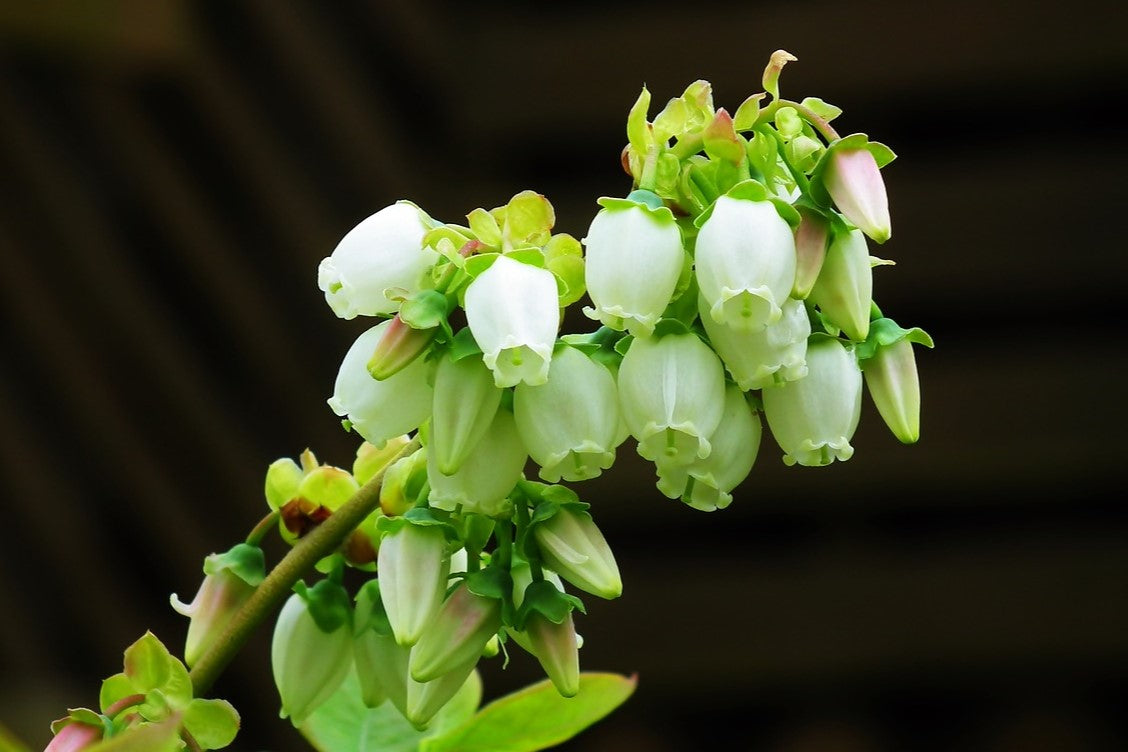
Protecting your plants
Blueberries generally have no serious problems with pests or diseases, but you may need to protect the developing fruit with netting to avoid the birds eating it! Make sure the holes in the net are fine enough to prevent birds and small mammals becoming caught in them. Like any plant, look out for aphids targeting the new shoots, and spray the plant if they become a problem. Blueberry bushes can occasionally be affected by powdery mildew, but you can avoid this by spacing plants well apart and watering at the base to avoid splashing water on the foliage.
The other thing to watch out for is a problem with the pH levels called chlorosis, which causes the plant’s leaves to turn yellow. If you spot chlorosis, repot your plant with new ericaceous compost, water with rainwater and give it a feed with acid loving plant fertiliser to rebalance the pH levels.
Pruning your blueberries
Pruning is rarely needed in the first two years, just remove any crossing or misplaced branches to maintain a good airflow through the plant’s stems. Prune your blueberry at any time over the dormant season (November to March), but ideally in late February or early March so that you don't accidentally cut off any developing fruit buds. If you find that your blueberry bush is only fruiting every other year, you can remedy this by cutting out some of the older branches when you prune it in winter.
Harvesting your blueberry crop
You may well get a few blueberries the first year after planting, but generally speaking your plant will only start to crop heavily after two years. Depending on the variety of your plant and your local climate, the berries will be ready between July and September, ripening gradually for a steady supply. Pick them when they turn from green to deep, dark blue and if in doubt, try one! They should come away from the branch easily and without resistance.
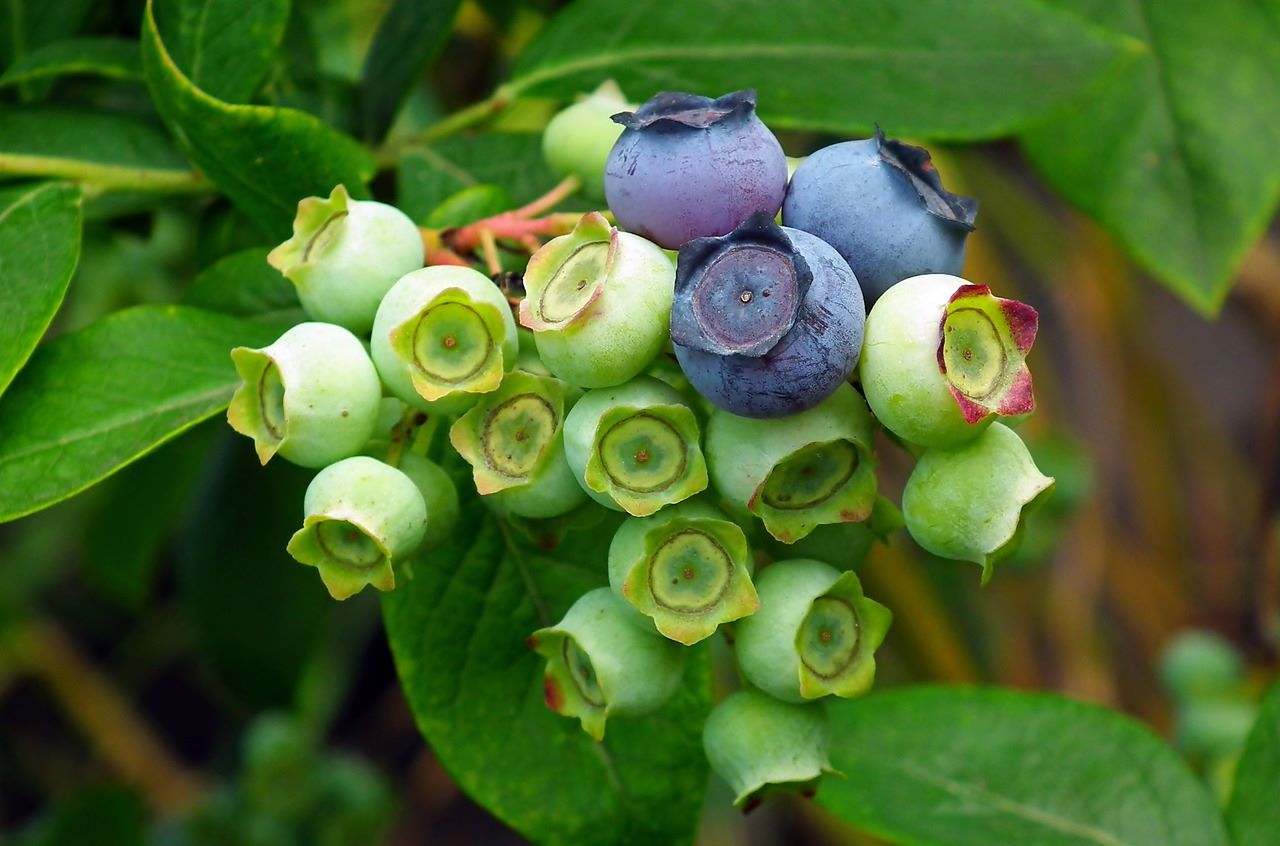
How to store your blueberries
Eat your blueberries fresh off the bush or keep them in the fridge - they’ll stay fresh for up to a week but they also freeze very well and don’t need defrosting before use in baking, smoothies or jams. Blueberries are also great on pancakes, porridge or granola with a drizzle of honey or agave, or in a classic blueberry muffin.

Last updated: 13/11/2023
